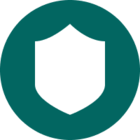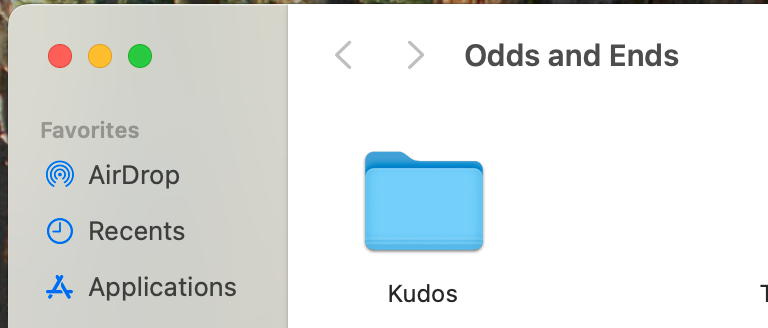The discussion is active and ongoing about the pros and cons about social media’s impact on various demographics. There’s so many stories about how to manage time, and energy and focus if you’re a social media end user, but how do you manage as a social media pro? There’s a risk of burnout. work/life balance, device or content fatigue I feel more stories, tips, and best practices could be shared!
I like to device detox from time to time, for set times when I’m “touching grass,” focusing on other hobbies or pursuits. (I try to minimize using smartphones to check accounts at 3AM, but there are times when that’s not so easy). Making time to read a good book or even an audio book forces me to slow down at times, which is grounding.
How do you reset and wind down?
Solved
Self-care tips for social media professionals?
Best answer by kate.meyers emery
Love this topic and so glad we’re talking about it! Here’s what I do to protect my mental health (as someone who is an in-house social media manager, but a team of one).
- Trading monitoring duties: when times are tough and we get a lot of rough comments/tags, we trade off who is monitoring. I’m the only person with social media explicitly in my job description, but the whole comms team helps when needed.
- Only monitor during working hours: there are no expectations to watch social outside 8 am to 5 pm; partially its due to the work we do which is not saving lives (which most brands aren’t) and its partially due to treating community management like customer service which often has clear hours.
- Separate work phone: I got an unlocked Google Pixel 7 that runs on WiFi only; a much easier argument to make than trying to get a phone with a monthly plan. It means when I’m off hours or on vacation I can leave the phone home, tucked away in my office.
- No personal social media outside working hours: I only do a small amount of social media for myself (mainly LinkedIn) on breaks, and try to avoid it otherwise. I even have an app blocker on my phone so I can’t open them on browsers. Not everyone needs to be that extreme, but it is what works for me. I find I’m able to stay on top of trends and what’s happening just fine during work hours.
Create an Account
Current Sprout Customer or have an account already?
Login for community access.
Log in to the Arboretum
Don't have an Arboretum login? Create an account for community access.
Social Login
Login with your Sprout Social credentialsor
Enter your E-mail address. We'll send you an e-mail with instructions to reset your password.




